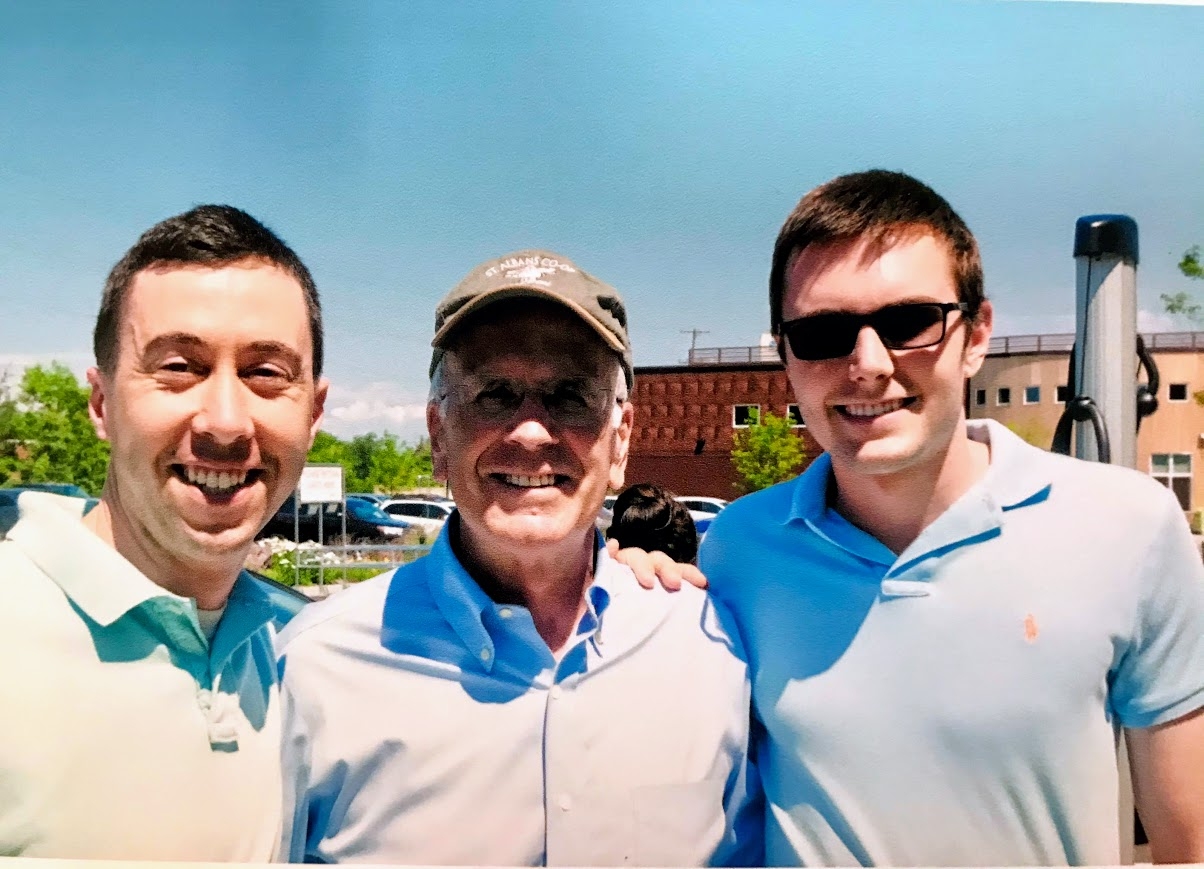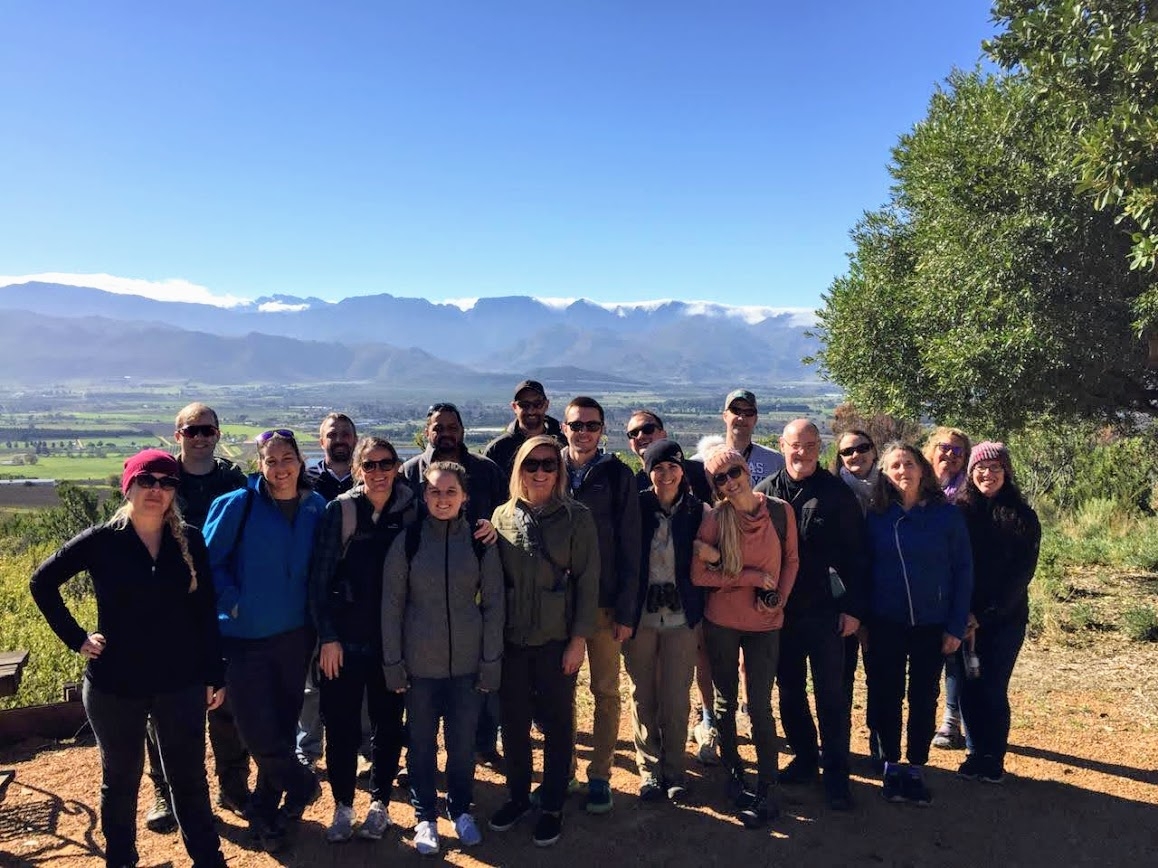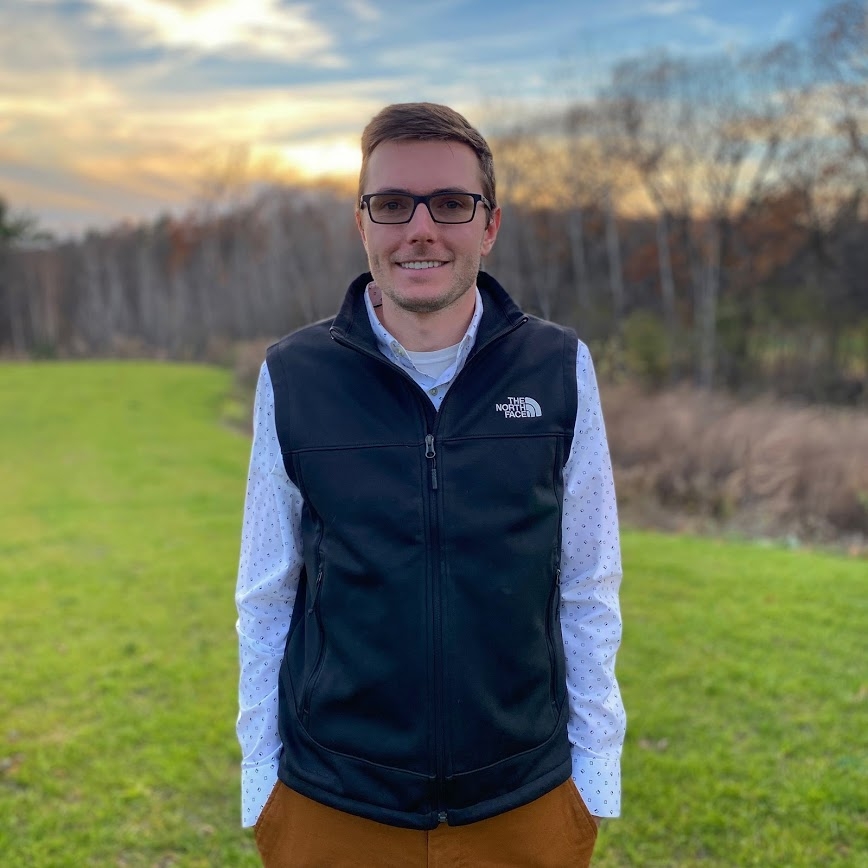Seeing the bigger picture: urban planner and OMNR alum Marshall Distel on social sustainability of cities
April 6, 2021

By Alec Masella
Marshall Distel, a graduate of the Online Master of Natural Resources (OMNR) program, is currently a Transportation Planner at the Chittenden County Regional Planning Commission based in the greater Burlington, Vermont region. Marshall’s undergraduate education in geography set the stage for furthering his planning and sustainability management skills throughout the program. Working in Vermont’s only metropolitan planning organization, Marshall’s skills in stakeholder management are crucial to carrying out successful transportation projects. He joined the OMNR to further his urban planning career by augmenting it with more knowledge in environmental management, economic growth, sustainability practices, and—ultimately—planning healthier communities.
Throughout the program, Marshall found that he could provide his classmates with the unique perspective of a city planner. This experience as a stakeholder allowed him to connect with others in the program who have previously worked with planners and other metropolitan officials to develop plans for sustainability projects. Such projects require policy analysis, an understanding of sociological implications, and, above all else, a consideration of all stakeholders involved.

“The program helped me see that my role in sustainability is about way more than transportation,” he says. “I learned to see the bigger picture. Communities can shape streets, but streets can also shape communities. I am passionate about planning for vibrant and sustainable cities, but I also need to consider how that planning will affect generations to come. In the program, I had the opportunity to tailor my studies toward that aspect—getting to deepen my leadership skills to fully understand the sociology behind environmental decision making.”
Alongside in-class discussions and projects, Marshall also learned a lot from his Global Study experience, a cornerstone of the MNR program. His time in India and South Africa helped open his eyes to international sustainability issues and the complexities inherent in addressing the issues and creating solutions.
“These international experiences were among the most incredible learning opportunities of my life,” Marshall says. “Getting hands-on experience related to understanding the impacts of climate change on the two regions was so important for me to realize just how extensive sustainability issues can be. I got to meet other urban planning officials and share professional experiences. South Africa was particularly interesting because the country is in such a unique position. Not only are officials trying to address sustainability problems, but there is also the added layer of post-apartheid political tension. This comes with an immense amount of income inequality, made evident by the proximity of high- and low-income communities.”

Marshall constructed his plan of study around urban ecology, infrastructure for resilience, socioeconomic boundaries, and transportation systems. Having the flexibility to focus his time in the program on these topics helped launch Marshall to the next level of his career: leadership.
“In my studies at the University of Vermont,” he says, “I focused on environmental issues, but now, since the MNR program, I have a deep understanding of the pillars of sustainability and a more diverse outlook on how sustainability issues affect a wide range of stakeholders. Similarly, I have a grasp on just how the solutions, in turn, shape communities. Rapid urbanization, climate change... all of these issues are interlinked. I still have the same job, but I now have the confidence and credentials to support social, economic, and environmental initiatives outside the realm of northwestern Vermont. As the global population increases over the next few years, city planning will become exponentially more important on a global scale.”



